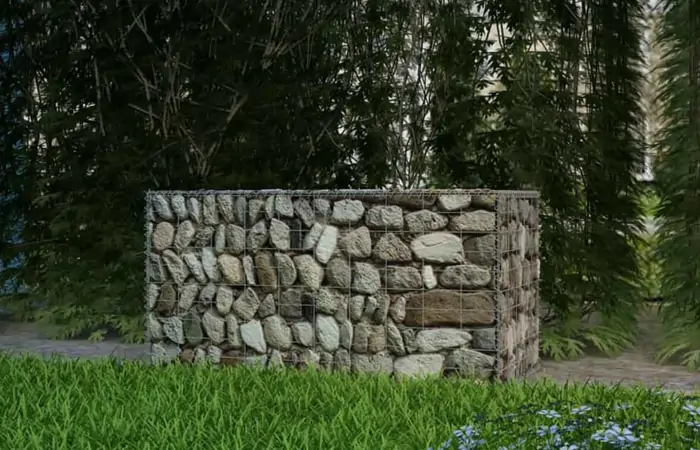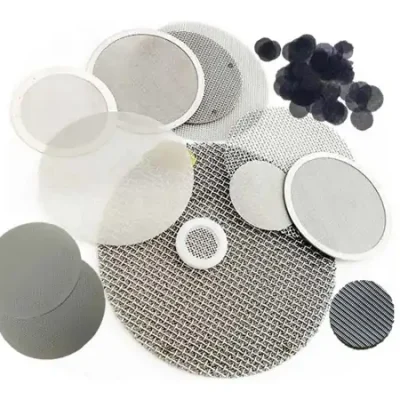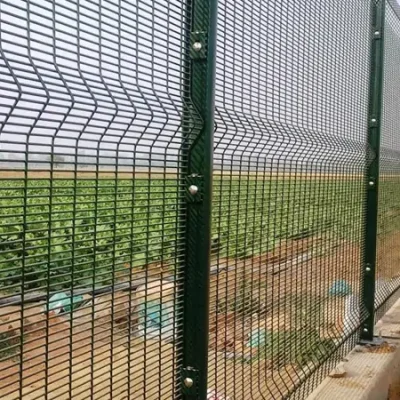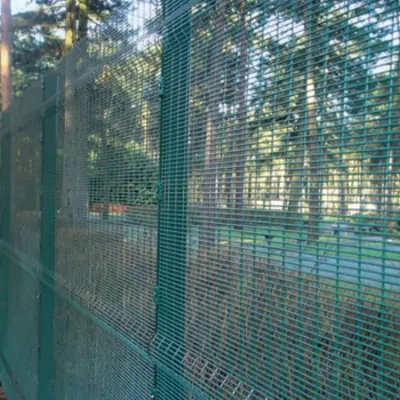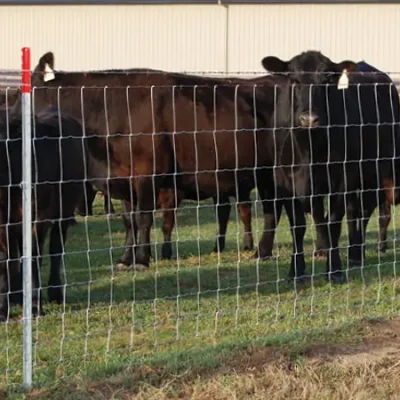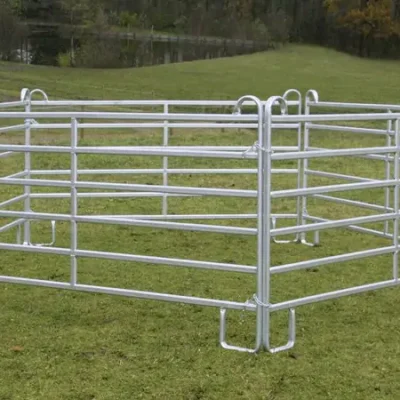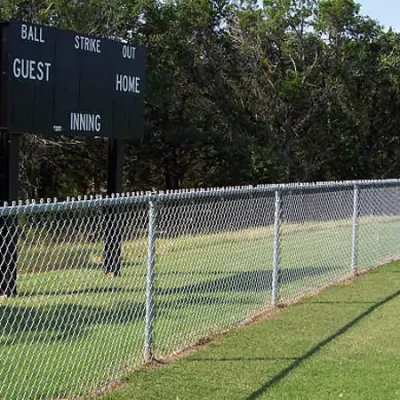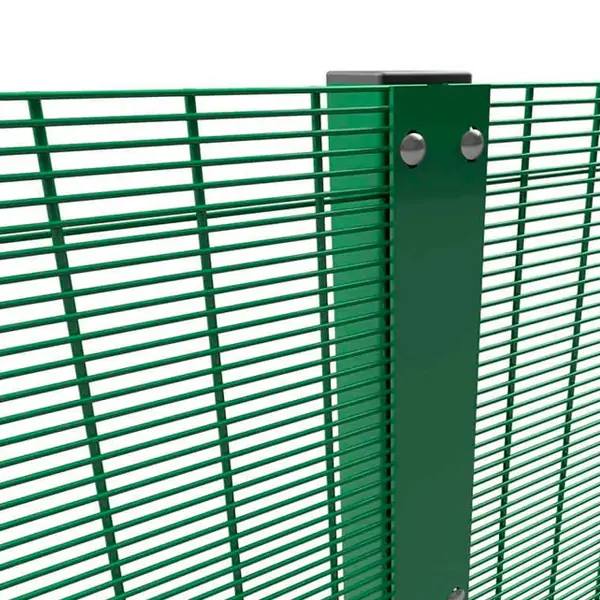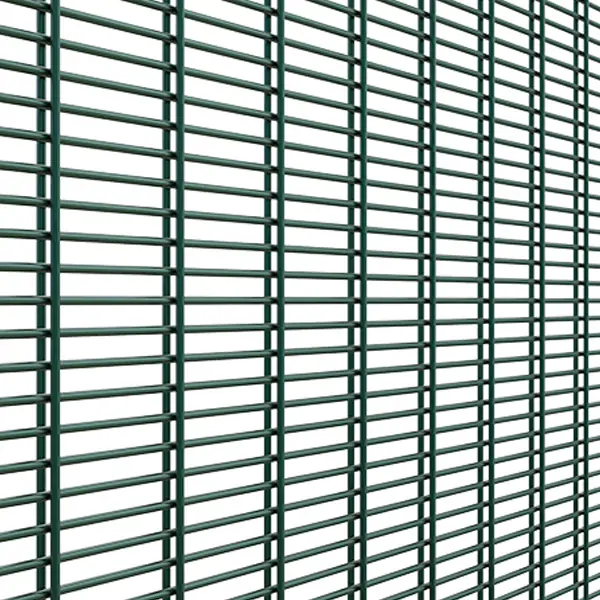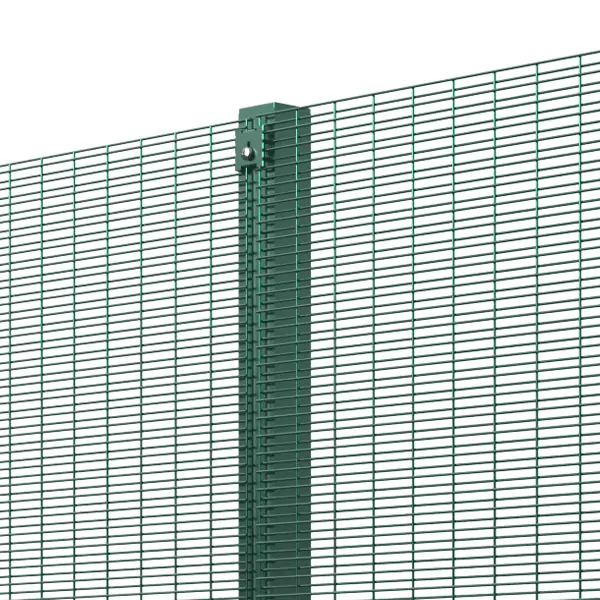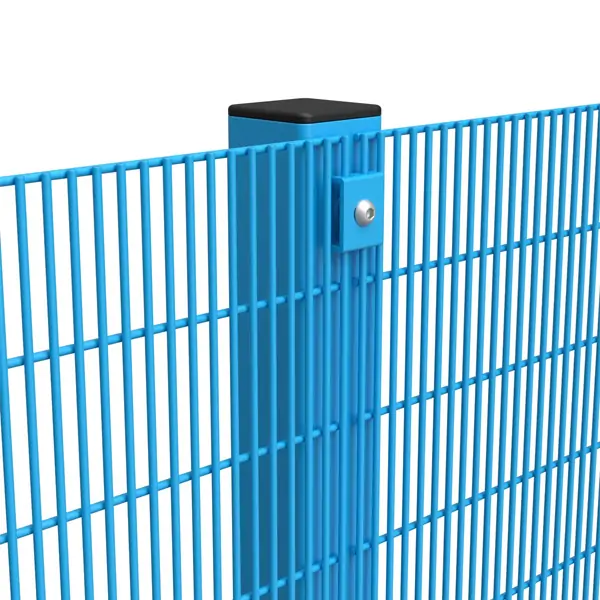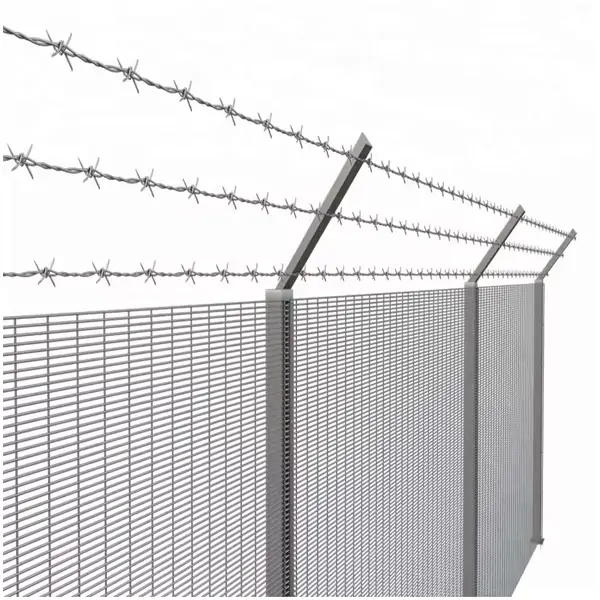In landscaping, gabion cages have become an increasingly popular choice due to their versatility, strength, and aesthetic appeal. These wire structures, filled with natural materials such as stone, offer a durable and eco-friendly solution for a range of projects, from retaining walls to decorative garden features. However, one of the key concerns for most people is cost. Understanding how much gabion cages will cost for your landscaping project requires careful consideration of several factors, including material type, size, filling options, and installation.
In this comprehensive guide, we’ll break down everything you need to know about getting the best price for your gabion cages. Whether you’re looking to buy in bulk, install them yourself, or hire a professional, this article will help you make informed decisions to ensure you get the best deal.
Table of Contents
ToggleWhat Are Gabion Cages and Why Use Them in Landscaping?
What Are Gabion Cages?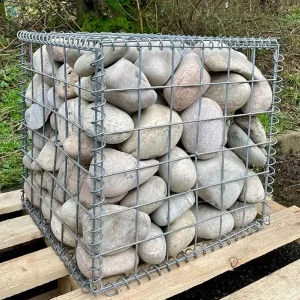
Gabion cages are wire mesh boxes or baskets that are filled with materials like stone, concrete, or even wood. Historically, they were used for military fortifications and erosion control. Nowadays, they’re widely used in landscaping due to their ability to create durable and attractive features such as retaining walls, garden borders, seating areas, and decorative partitions.
Why Use Gabion Cages in Landscaping?
There are many reasons why gabion cages are favored by landscapers and homeowners alike:
- Strength and Durability: Made from galvanized steel or PVC-coated wire, gabion cages are designed to withstand the elements for decades. They’re especially good at withstanding soil pressure in retaining walls.
- Aesthetic Flexibility: With various filling options like natural stone, pebbles, or recycled materials, gabion cages can be customized to fit any landscape design.
- Eco-Friendliness: Gabions are often filled with natural or recycled materials, reducing the need for new raw materials.
- Cost-Effective: When compared to traditional retaining walls or fences, gabion cages offer a relatively affordable solution, especially for larger projects.
Key Factors That Affect the Cost of Gabion Cages
When planning to buy gabion cages for your landscaping project, several factors will determine the overall cost: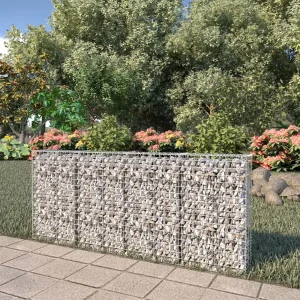
Material Type
The type of wire used to create gabion cages can significantly impact the price. The two most common materials are:
- Galvanized Steel: This is the most affordable option. It’s durable and resistant to rust but may not have the lifespan of some other coatings.
- PVC-Coated Wire: More expensive than galvanized steel, this coating provides extra protection against corrosion, making it ideal for coastal or wet environments.
- Stainless Steel: The premium option for gabions, stainless steel is highly resistant to rust and wear, but it comes with a higher price tag.
Size and Dimensions of Gabion Cages
Gabion cages come in various sizes, and larger cages typically cost more. For example:
- A small 2x2x3 ft gabion cage can cost around $30 to $50.
- Larger 3x3x6 ft cages might cost anywhere from $100 to $200 or more. Additionally, custom sizes are available but may increase the overall cost due to manufacturing requirements.
Filling Materials
The cost of filling your gabion cages can vary greatly depending on the material you choose. Common options include:
- Natural Stone: The most popular filling for gabion cages. Prices for stone can range from $50 to $150 per cubic yard, depending on the type.
- Concrete: A cost-effective option, particularly for retaining walls or larger structures.
- Recycled Materials: For an eco-friendly and often cheaper alternative, some people opt for recycled materials like broken concrete or leftover construction debris.
Customization
Gabion cages are highly customizable, allowing you to adjust wire thickness, shape, and even color (if using PVC-coated wire). Customization options can increase the cost, but they offer flexibility in design, allowing you to create a truly unique feature in your landscape.
Cost Breakdown: Gabion Cages for Landscaping
To get a complete picture of the cost for your gabion cage landscaping project, we need to consider three main categories: gabion cage prices, filling material costs, and shipping.
Gabion Cage Prices
Prices for gabion cages vary depending on the size, wire material, and quantity ordered. Here are some typical price ranges:
- Small Cages (2x2x3 ft): $30 – $50 each.
- Medium Cages (3x3x6 ft): $100 – $200 each.
- Large Cages (6x6x9 ft): $300 – $500 each.
Filling Material Costs
The type of material used to fill gabion cages plays a major role in the overall cost. Here are a few examples of typical prices:
- Natural Stone: $50 – $150 per cubic yard.
- Concrete: $75 – $100 per cubic yard.
- Recycled Fill Materials: $30 – $80 per cubic yard.
Shipping Costs
If you’re purchasing gabion cages in bulk or from an online supplier, shipping costs can add up, especially for large orders. On average, shipping costs range from $100 to $500 depending on the quantity, size, and shipping distance.
Comparing Suppliers and Pricing Models
To get the best deal on gabion cages, it’s important to compare suppliers and pricing models:
Online vs Local Suppliers
- Online Suppliers: Buying from an online supplier can offer convenience and competitive pricing, especially if you’re purchasing in bulk. Many online retailers offer discounts for large orders or seasonal sales.
- Local Suppliers: While local suppliers may have higher base prices, they often provide better customer service, faster delivery, and lower shipping costs (or none if you can pick up the order).
Bulk Pricing Discounts
If you’re undertaking a large landscaping project, ordering gabion cages in bulk can help you save significantly. Many suppliers offer tiered pricing structures, where the per-unit cost decreases as the order size increases.
Special Offers and Seasonal Discounts
Gabion cage suppliers often run sales during certain times of the year, such as the off-season in winter or promotional periods. Timing your purchase to align with these offers can save you hundreds of dollars on your order.
DIY Installation vs Professional Installation
Once you’ve purchased your gabion cages, you’ll need to decide whether to install them yourself or hire a professional. Both options come with pros and cons.
Cost of DIY Gabion Cage Installation
- Pros: DIY installation can save you significant labor costs. For a 20×20 ft project, for example, you could save $1,500 to $3,000 on professional fees.
- Cons: However, installing gabion cages can be labor-intensive and requires a good understanding of the process. You’ll also need the right tools, such as a shovel, level, and wire cutters, which could add to your overall cost.
When to Hire a Professional
If you’re working on a large or complex project, such as a tall retaining wall or a structure with custom features, hiring a professional is often worth the investment. Labor costs for professional installation typically range from $50 to $75 per hour, depending on your location. For a standard 200 ft gabion wall, this could add $2,000 to $4,500 to your total project cost.
Cost-Saving Tips for Purchasing Gabion Cages
Here are a few ways to reduce the overall cost of your gabion cage project:
Buy in Bulk or Through Wholesale Suppliers
Many suppliers offer discounts when you purchase large quantities of gabion cages. Bulk purchasing can reduce the per-unit price by as much as 15% to 25%.
Consider Alternative Fill Materials
If natural stone is too expensive, consider using recycled materials or locally sourced fill options. These alternatives can reduce your material costs by 20% to 50%.
Use Modular Gabion Systems
Modular gabion systems are pre-fabricated and designed for easy installation. They often come at a lower overall cost due to reduced labor and material expenses, especially for larger projects.
Frequently Asked Questions
How long do gabion cages last?
With proper installation and materials, gabion cages can last 50+ years, especially if they’re made from galvanized or PVC-coated wire.
Are gabion cages environmentally friendly?
Yes, gabion cages areenvironmentally friendly as they are often filled with natural or recycled materials. They also help with erosion control, reduce the need for concrete or synthetic materials, and can be repurposed or recycled at the end of their life cycle.
What is the maintenance cost of gabion cages?
Gabion cages require minimal maintenance. However, you should inspect them annually for signs of rust or wear and refill any settling in the fill material. This can usually be done without professional help, keeping maintenance costs low.
Conclusion
Gabion cages are an excellent choice for landscaping projects, offering strength, versatility, and eco-friendliness. By understanding the factors that influence cost—such as materials, size, and labor—you can get the best price for your project. Whether you’re doing it yourself or hiring a professional, careful planning and smart purchasing can help you create a stunning outdoor feature without breaking the bank.
This guide provides a complete overview of what to expect when buying gabion cages for landscaping, and with the tips included, you’re well-equipped to save money and make the best decisions for your project!

